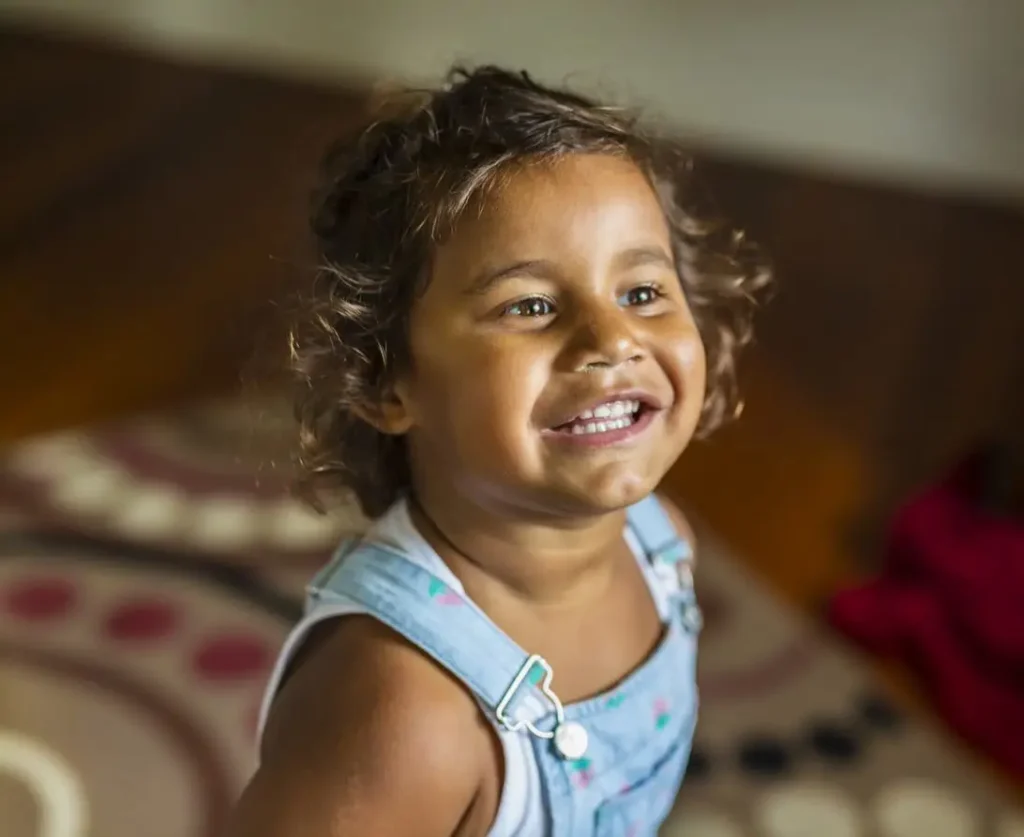Cough is the single most common symptom that children present with to primary healthcare settings. Persistent wet cough is a predisposing marker of chronic disease and if left untreated, can result in permanent lung damage. Chronic respiratory disease is highly prevalent amongst First Nations children. Often times, disease progression can be halted or even reversed when diagnosed and treated early and appropriately. A key enabler for families to seek care is health professional training in treating chronic wet cough in children. Therefore, it is important for health professionals to be able to provide culturally secure care to First Nations families regarding the importance of chronic wet cough in children.
Accredited training for health professionals
The Lung Health in First Nations Children modules are free, accredited eLearning training for health professionals in addressing chronic wet cough in First Nations children. The training focuses on First Nations pediatric lung health and the skills required to effectively engage with First Nations families. They provide the opportunity to learn about respiratory disease prevalent in First Nations children and ways of providing culturally secure care to address the respiratory health of children. The training includes two modules which will take approximately one hour each to complete.
By completing Lung Health in First Nations Children: Improving Outcomes Through Culturally Secure Care (management of chronic wet cough, protracted bacterial bronchitis and bronchiectasis), you will acquire the skills to:
- Effectively engage with First Nations families about paediatric lung health
- Identify respiratory conditions most often mis/undiagnosed in First Nations children presenting with chronic wet cough: Protracted Bacterial Bronchitis (PBB), Chronic Suppurative Lung Disease (CSLD), and bronchiectasis
- Manage PBB, CSLD and bronchiectasis according to best practice guidelines
- Understand the importance of follow-up for First Nations children hospitalised with chest infections.
By completing Lung Health in First Nations Children: Asthma Diagnosis and Interpretation of Spirometry, you will acquire the skills to:
- Take a respiratory history from First Nations families in a culturally appropriate way
- Describe basic asthma pathophysiology, symptoms, and other conditions that mimic asthma
- Interpret basic spirometry and make an appropriate diagnosis
- Mitigate common issues in spirometry and apply quality control.
While these modules are complementary of each other, it is not a requirement that one must be completed before the other or that they both are completed. However, for the best learning experience, it is recommended to complete them in order.
Was this page helpful?
Good job! Please give your positive feedback
How could we improve this post? Please Help us.

